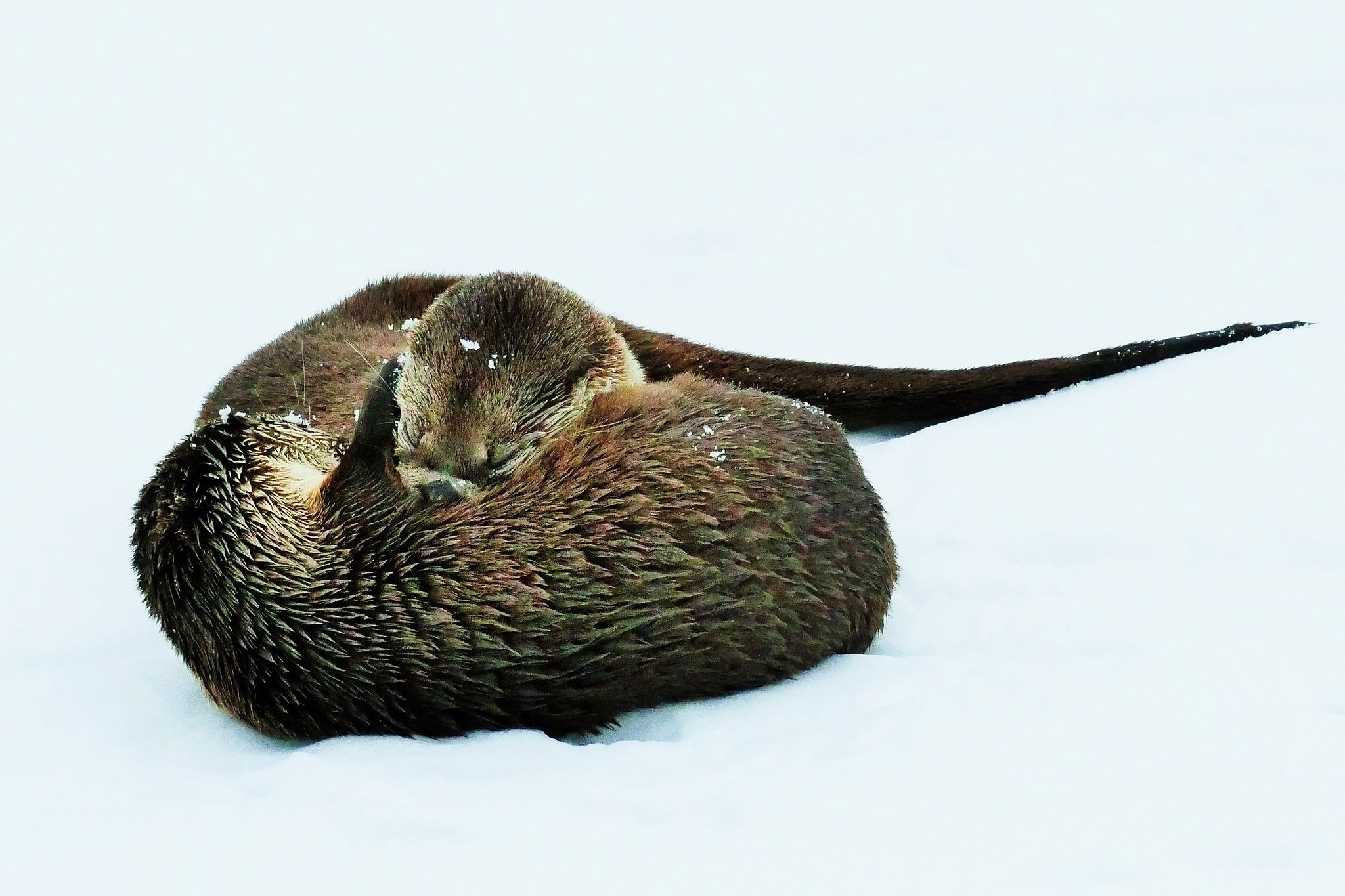Backpacking is an adventure that requires a lot of planning, and one of the most important factors to consider is how much water you need. Having enough water is key to staying hydrated and safe on your journey, so it’s important to get it right.
The amount of water you need for backpacking will depend on a few factors, such as the climate, terrain, and your own individual needs. Generally speaking, however, it’s recommended that you bring at least one liter of water per hour of hiking or climbing. This means that if you plan on spending four hours on the trail, you should bring at least four liters of water with you.
On top of this basic guideline, there are a few other things to keep in mind when calculating your water needs.
If you’re hiking in hot climates or high-altitude areas where the air is dryer and temperatures higher, you’ll want to bring more than one liter per hour. Additionally, if you’re going on a strenuous hike where physical exertion is involved (such as rock climbing), then it’s recommended that you bring at least two liters of water per hour.
It’s also important to consider other sources of water that may be available along your route. If there are rivers or streams available for drinking or filtering along the way, then this can help reduce the amount of weight you need to carry with your backpack. It’s recommended that when using these sources for drinking water that they be filtered first before consumption.
Finally, remember to take into account any additional activities that may require more hydration such as swimming or cooking meals while out in the wilderness. If these activities are part of your itinerary then make sure to add additional water supplies accordingly.
In conclusion, backpacking requires careful planning and preparation and calculating how much water you need is an essential part of this process. The amount needed can vary depending on several factors such as climate, terrain and individual needs but it’s generally recommended to have at least one liter per hour – two liters in hotter climates or during strenuous hikes – plus any additional supplies needed for activities like swimming or cooking meals out in nature.

